It’s important to listen to your body. Aches, pains, and symptoms are a sign that something isn’t right. Doctors sometimes say that stress can contribute to many of these health problems, such as high blood pressure, heart disease, obesity, and diabetes.
However, poorly controlled stress affects us in many ways: for the body, it can cause a headache, on an emotional level it can cause us to feel anxious, and on a behavioral level, it can motivate us to eat too much or too little, just to give a few examples.
A large number of situations associated with stress could be listed, including fatigue, feeling overwhelmed, drug abuse, alcoholism, isolation, stomach upset, sadness, and depression.
Another great indicator that changes are necessary is when a person no longer enjoys what they were once passionate about, explains naturopath Estuardo Mendoza.
“Change your lifestyle and control stress” seem to be common recommendations that doctors give to reduce or eliminate these problems because medications do not achieve their maximum objective without fundamental modifications. But how can you achieve this in your life?
If you have symptoms of stress, it is necessary to create strategies that help you get out of this whirlwind and look for alternatives that result in improving your health and life context.
From the inside
The World Health Organization (WHO) itself describes that stress has many causes, such as personal difficulties (conflicts with loved ones, loneliness, lack of income, concern for the future), problems at work (conflicts with colleagues, high level of demands or job insecurity) or the existence of significant threats in the community (violence, illness, lack of economic opportunities).
Psychologist María José Arroyo Villavicencio, from the Mente a Color clinic, leads us to reflect that another relevant point was the pandemic, there is a before and after in humanity after living through it.
Stress has increased at all levels, and working from home has caused some people to be unable to separate work and rest time. At the same time, she says that it continues to affect us today and we have consequences.
Some of the consultations she deals with are related to not being able to sleep or disconnect from work, as well as difficulties in relating to others, among other aspects of life. “They seek support to manage stress that also manifests itself physically,” Arroyo describes.
See a whole
The world’s population may suffer from chronic stress or burnout syndrome, explains clinical psychologist and naturopath Ninoshka Asturias, from Hidrocolon Guatemala.
Asturias says that this level of stress could occur especially in people who are dedicated to service such as doctors, police officers, firefighters, caregivers for the elderly, nurses, and anyone who regularly works in a service or anyone who devotes themselves more than necessary to an activity, forgetting about themselves in basic matters such as eating, resting and having a personal or family life.
“It is important that Guatemalans learn to manage stress so as not to fall into a degenerative, cognitive or emotional illness, such as stress because when it is constantly activated, it creates a lack of brain control and leads to chronic and degenerative fatigue,” adds Asturias.
The naturopath from Asturias emphasizes the need to see patients as a whole, assess how they are currently physically, and also offer some complementary therapies that support each person, according to their needs, to help them get back on track and achieve their goals.
“It’s not about a menu, but rather about complementing something we need,” says the expert.
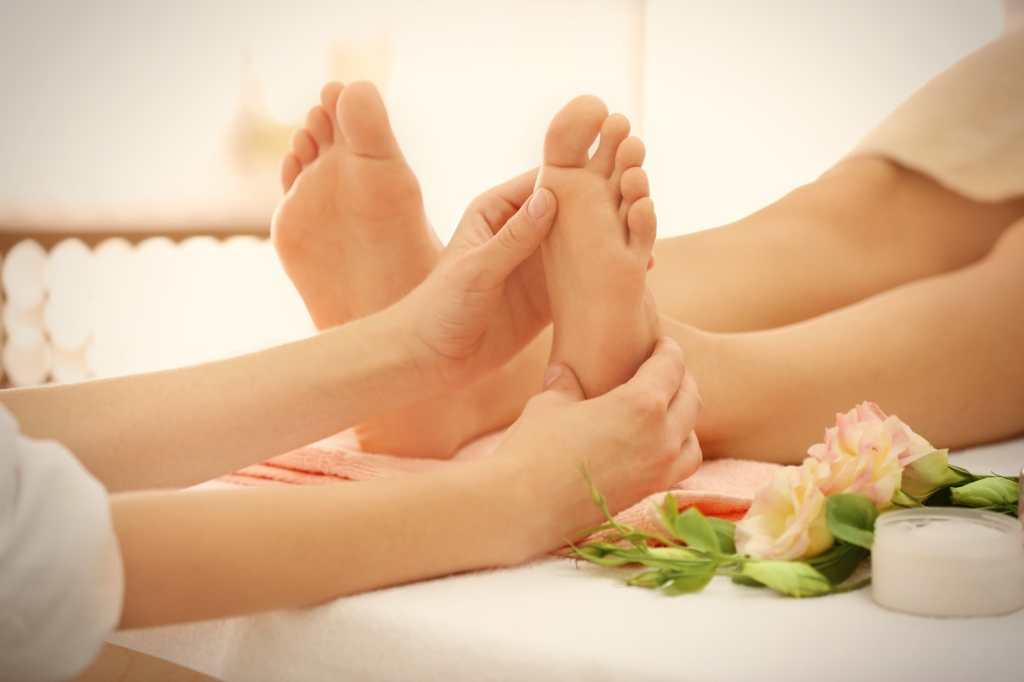
This could include medical treatment, as well as emotional support, and options ranging from ionic detoxification (toxin cleansing therapy) to reflexology (pressure points on hands or feet).
The main point is to find solutions that offer a space for healing and relaxation. Asturias, for example, uses auriculotherapy (stimulating points on the ear to treat pain in some part of the body), Bach flower remedies (using flowers with certain healing properties, which are prepared individually and administered in the form of drops), and music therapy, among others.
For Asturias, being positive helps in the process, “outside the world can fall apart, but inside we are the owners of each of our thoughts and responsible for how to make good things happen to us.” He also invites us to be grateful and aware that we can find solutions.
“The pandemic has kept us apart from each other and human beings need between 50 and 80 hugs a day to activate their brain hormones,” explains Asturias, who invites us to resume this habit, as well as that of laughing and loving because these actions help lower stress levels.

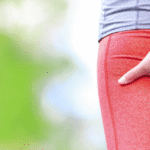


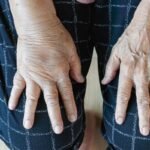





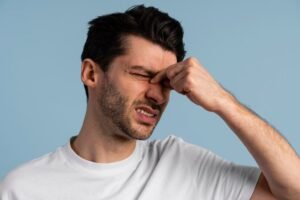




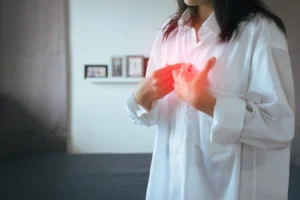







+ There are no comments
Add yours